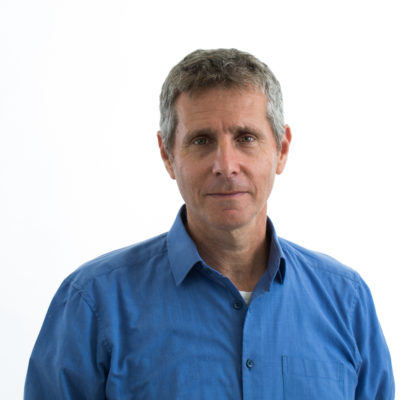Professor Yuval Shany
I grew up in Omer, a small town in Southern Israel, next to Beer-Sheva, on the edge of the desert. My favorite topic in high school was history, and my professional ambition as a teenager was to become a career diplomat. Although I ended up in law school – and not in the history or international relations departments, I gravitated towards the study of international law – a field that combines, law, history and diplomacy, and which encourages one to adopt a global perspective on local issues, even issues of interest to small towns in small countries.
After a very short career in the practice of law in a law firm in Jerusalem – which I found depressing on multiple levels – I found my way back to law school, this time for advanced international law studies in New York and London. A decade after graduating from Hebrew University Faculty of Law, I returned to the same place as part of the teaching faculty. And almost two decades later, I am still there (having served in the meantime in a variety of academic positions, including faculty dean). This is a unique feature of a life-long career in academia: While you grow older, you remain in the same place and your students remain at the same age. This keeps you young and dynamic and, at the same time, makes you feel old and stationary.
The field of international law, which I chose to specialize in, proved to be a most satisfying and exciting area of professional activity. The weak formal structures of international law present a significant intellectual and practical challenge to all who strive to strengthen it or to reform it, and I count myself fortunate, at some level, for having being able to contribute to the better understanding of the evolution of international legal norms and institutions through the great changes brought about by momentous historical event, such the end of the cold war, the global war on terror, the rise of populism and the war in Ukraine.
I particularly cherish my experience in two positions of relative influence which I have held over the years, in which I could put my academic knowledge to the service of worthy causes. I served for eight years as a member (and one year as a chair) of the UN Human Rights Committee, which promotes the realization of human rights on a global level, using mostly powers of persuasion vis-à-vis some states and “public shaming” tactics in relation to others. To my surprise, I found that a UN platform can sometimes help make the world a better place! I also served for four years as vice-president of the Israeli Democracy Institute, trying hard through research and advocacy to delay, if not avert, the constitutional crisis in which Israel eventually found itself entangled.
At the end of the day, I consider international law as a tool through which individuals, groups and societies can develop ways to increase human welfare, adhere to moral standards, interreact in peaceful ways and realize common aspirations. But like any other tool, it can be either properly used or abused. My professional mission over the years has been to find ways to use it in an effective and justified manner that minimize the long-term risk of abuse.
Circle Square Q&A
What 3 words best describe you?
Determined, Up for the Challenge, Multi-tasker.
If you could offer your younger self one piece of advice, what would that be?
Take more vacations! Work less hard!
What do you consider to be your greatest achievement?
The commentary (General Comment) on the right to life under the International Covenant on Civil and Political Rights, whose drafting I led during four long years, and which advances I believe international human rights law in this area.
Which person (dead or alive) would you most like to invite to dinner?
Bruce Springsteen
How has age strengthened your advantage?
I have a better of understanding of the adage “choose your battles”.
What does Circle Square mean to you?
A forum for personal enrichment through mutually sharing experiences.


